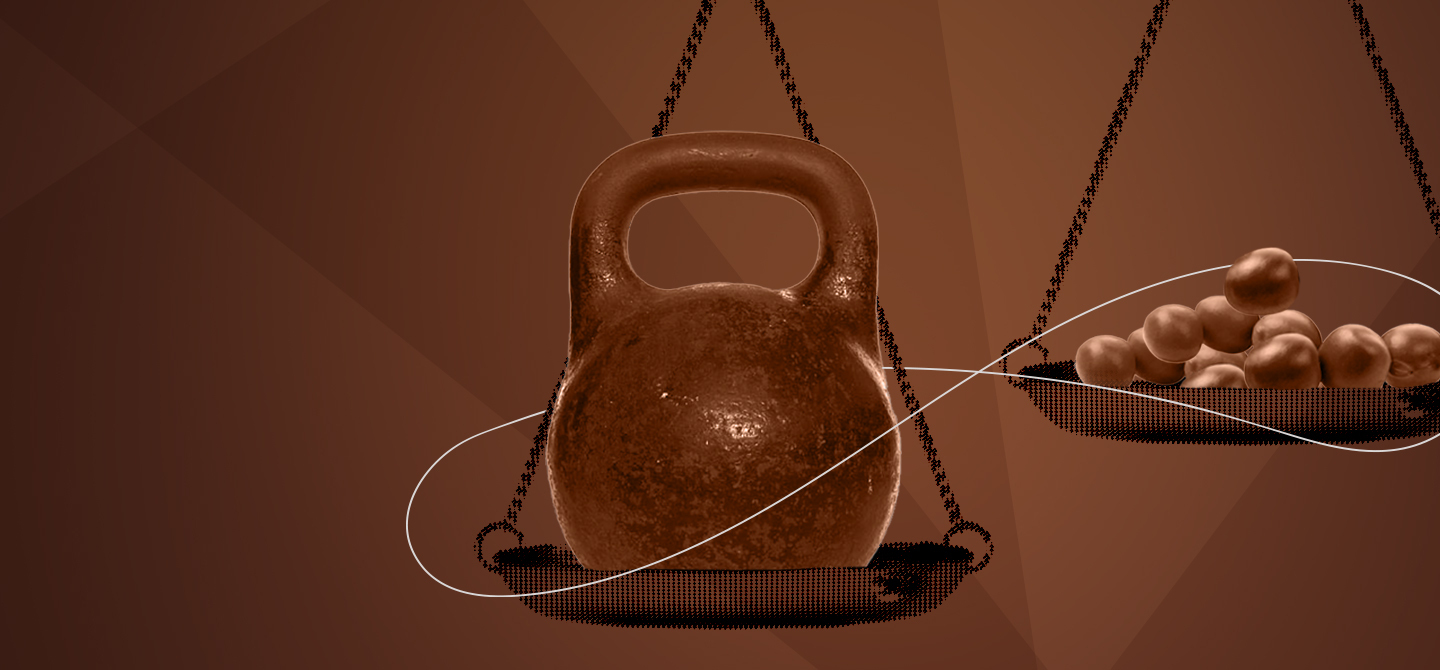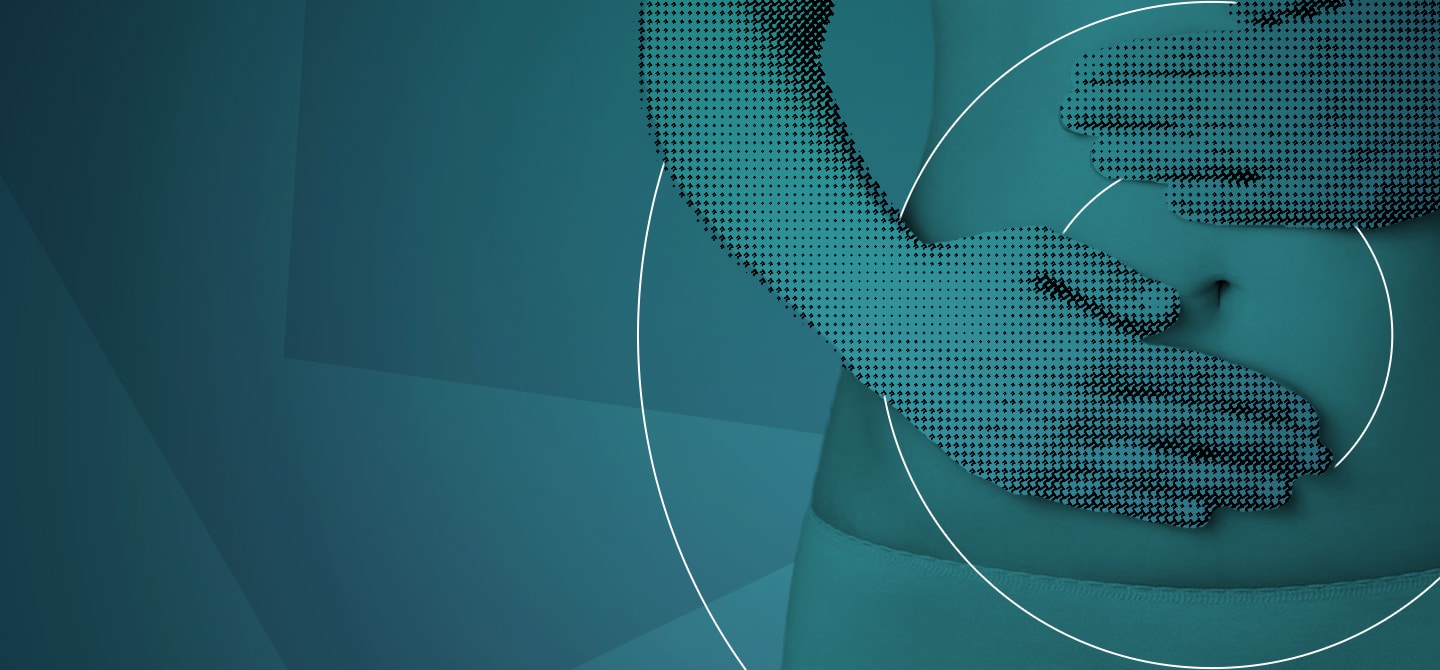Moral decline: why do we still think « things were better before »?
- The idea of moral decline has been present in societies over history.
- An analysis of surveys conducted around the world since 1949 shows that the idea of a decline in moral values is omnipresent, whatever the social or historical context.
- According to the respondents, this moral decline is linked to getting older, and to the arrival of new, less virtuous generations.
- Studies contradict this perception: everyday morality is not declining. We can therefore speak of the “illusion of moral decline”.
- This erroneous belief is reinforced by two cognitive biases: the negativity bias and the memory bias.
We often hear “things were better before”. The idea is that in the past you could trust other people, that people respected each other, and that from now on that’s no longer the case. “If that’s true, it’s a very powerful description of the world and a disaster. If not, there is a very interesting psychological question: why do people think there is a moral decline?” asks Adam Mastroianni, psychologist and researcher at Kellogg School of Management at Northwestern University. Over a five-year period, together with Harvard University psychology professor Daniel Gilbert, Adam Mastroianni reviewed hundreds of studies and conducted three to answer this question. The study, entitled “The illusion of moral decline1”, was published in the journal Nature last June, and its title leaves no doubt as to its conclusion. The myth even dates back to antiquity, with the Roman historian Titus Livius, quoted in the introduction, complaining about the “process of moral decline” facing his society.
A perception that is “ubiquitous, enduring, unfounded and easily created.”
Since 1949, all sorts of questions have been asked to find out what people think of their fellow human beings. Are people less honest, generous, polite, respectful or kind than they used to be? Has society become less ethical in recent decades? The authors of the study analysed 177 surveys conducted between 1949 and 2019, involving 220,000 people in the United States, and 58 surveys involving more than 350,000 participants in 59 countries between 1996 and 2007. The result is the same everywhere: people feel that their sense of morality is declining. And this is true no matter how the question is asked. The authors formulated the question in a hundred different ways. On his website, the psychologist writes: “Our studies show that the perception of moral decline is ubiquitous, long-lasting, unfounded and easily created.”
Nor does age, gender, ethnic origin or political ideology play a significant role in this belief. Everyone perceives a deterioration in moral values, but conservative participants see more of it, as do older people. In fact, for older people, this is simply explained by the fact that they have lived longer. “If you divide the total volume of moral decline by their age, you get one moral decline per year, and that’s virtually the same figure as for younger people,” says the researcher. How do people explain this perception? “The respondents think that this decline is due both to a drop in morality over the years, as people get older, and also to the replacement of more moral people by less moral people, in other words the arrival of less moral generations,” Adam Mastroianni explains. On average, this loss of values begins around the time of birth. “People don’t think things were better in the 1950s or 1980s. They seem to tell us that everything was fine before they arrived on earth, whatever the date” explains the psychologist2.
Are people really behaving in a less moral way than they used to?
Given the evolution of our societies, the perception of this moral decline seems rather counter-intuitive. Certain population groups, such as homosexuals or people with disabilities, are treated much better today than they were a few decades ago. Violent phenomena such as slavery, murder, rape, and massacres have declined over the last few centuries, but this does not seem to have any effect on the way people perceive their fellow human beings. So is there really a decline in kind, civil, polite and generous behaviour in everyday life, in the street and at work? “We don’t have precise, historical data on everyday morality, but subjective measurements are possible. Surveys have been carried out for years on the behaviour and character of others: are people helpful? Have you helped someone with their belongings? Were you treated with respect today? Have you witnessed incivility at work? Have you done something nice for a neighbour,” says Adam Mastroianni.
If virtue has fallen, these positive everyday behaviours would also fall. The study therefore analyses 107 surveys, including 4 million Americans, between 1965 and 2020, and the result is clear: daily morality is stable, with less than 0.3% variation in responses. The result is the same elsewhere in the world. Can this be explained by the meaning of words changing? No, because conversely, when the questions relate to clearly immoral behaviour, such as queue-jumping or assault, the figure does not increase either.
Two cognitive biases create this illusion
If people are not experiencing a decline in virtuous behaviour on a daily basis, why do they have the impression that “it was better before”? Daniel Gilbert and Adam Mastroianni put forward an explanation: this illusion is created by the combination of two well-known psychological phenomena, two cognitive biases: the negativity bias and the memory bias. Negativity bias refers to the fact that human beings pay more attention to negative information. In the media, this translates into greater coverage of violent news, for example. Adam Mastroianni refers to the saying “if it bleeds, it leads”. People therefore gather more negative than positive information about the current moral state of the world, and conclude that it is low. The second bias is memory bias. Our negative memories fade faster than our positive ones. “If something good and something bad happens to you today, in five years’ time the bad thing will seem less negative and the good thing will not have lost its positive aspect”, explains Adam Mastroianni. “The first bias makes the present seem like a moral wasteland, the second makes the past seem like a fabulously moral universe”, the study sums up.
However, for the psychologist, these biases should not be called into question. “These two phenomena are deeply rooted in our brains. They exist for a reason, particularly the memory bias, which allows us to rationalise and distance ourselves from negative experiences” says Adam Mastroianni. Instead, the researcher advocates humility about our perceptions of the world and the past. “We don’t have the data, we have an illusion of understanding,” he warns. This distorted perception can have concrete consequences for our societies. There is a risk of people becoming isolated, no longer interacting with their environment, or not asking for help, because they believe that others are bad. Furthermore, “the illusion of moral decline can make individuals dangerously susceptible to manipulation by malicious actors,” says the study, referring in particular to political figures who could call for more power to be concentrated in their hands, in order to stem this false crisis.














